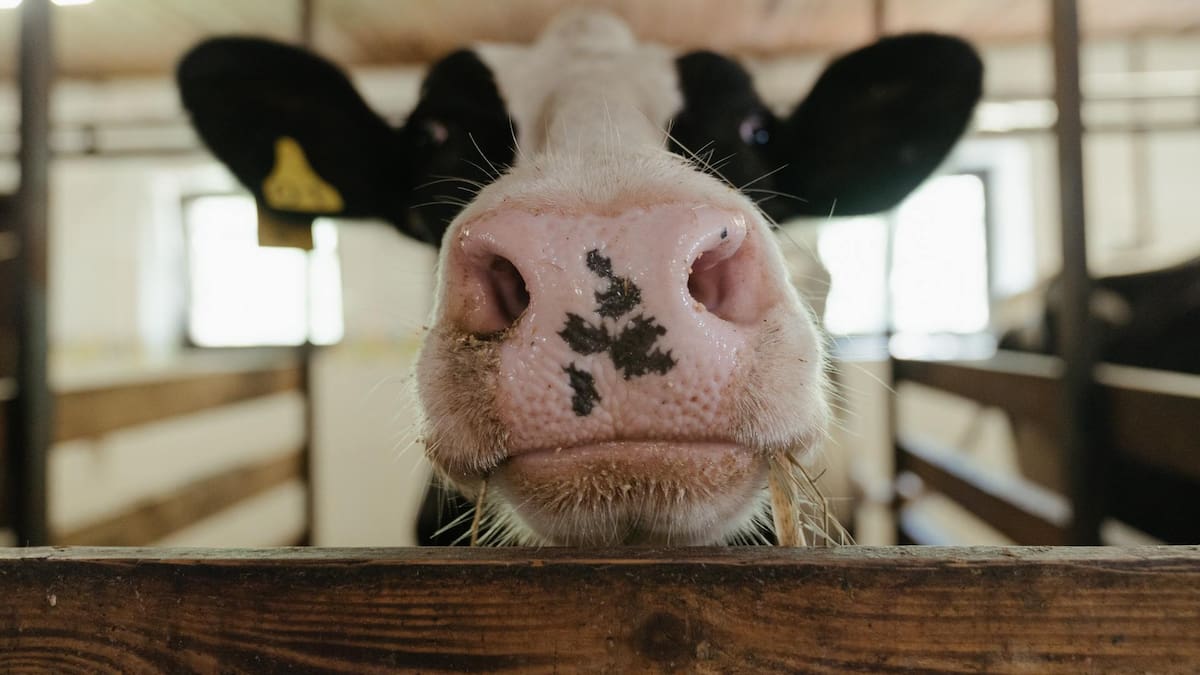Foot and Mouth scare: What you must know before planning a Bali getaway
4 min read
After the last two years, hearing the words ‘contagious’, ‘virus’ and ‘close borders’ in the same sentence is enough to make anyone panic.
However, when Australian groups and individuals called to stop flights to Indonesia last week, it wasn’t related to Covid-19, or even a disease humans can catch.
Instead, it was about the risk of Foot and Mouth Disease (FMD); an extremely contagious virus that impacts cloven-hooved animals and often results in death.
It is currently in many countries, including Malaysia and China, but has made headlines after returning to Indonesia for the first time in 37 years. More notably, its presence in Bali (a popular tourist destination for Aussies), has made some Australian experts nervous that travellers could bring the disease back via soil on their shoes or contaminated animal products.
How has Australia responded to the risk?
On July 15, Australia’s travel advisory website ‘Smartraveller’, updated its page on Indonesia. It now includes a warning about FMD under the ‘travel’ section.
“Indonesia, including Bali, currently has an outbreak of foot and mouth disease affecting animals,” the website reads. Advice linked on the page simply suggests travellers clean their shoes, clothing and equipment before flying home and declare any contact with farm animals or rural areas on the Incoming Passenger Card.
NSW Deputy Premier Paul Toole suggested travellers throw out their shoes before returning back to Australia. Meanwhile, opposition Senator Susan McDonald and some farm groups caused a stir after calling for a flight ban between Australia and Indonesia.
However, this was swiftly ruled out by Australia’s Agriculture Minister, Murray Watt.
“We have no plans to close the borders to Indonesia or any of the many other countries who have foot-and-mouth disease,” Watt told SKY last week.
“I’ve received no advice from biosecurity experts in Australia that that’s the kind of thing that we should do.”
How is New Zealand responding?
Panic about Indonesia’s Foot and Mouth Disease have been far more muted in New Zealand, which currently does not run any direct flights to Bali.
Even if we did, Biosecurity New Zealand’s Deputy Director General Stuart Anderson said they were confident with their current (and extremely stringent) biosecurity procedures.
“We have a strong and multi-layered system that has some of the strongest settings in the world,” he said.
However, they do plan to bolster border security protocols for those arriving from Indonesia and increase passenger education through in-flight announcements and pamphlets.
Anderson said despite the low risk of FMD entering New Zealand, it was still important to closely watch how FMD develops and make further adjustments where required.
Currently, the Ministry of Foreign Affairs’ travel advisory website ‘SafeTravel’ does not mention FMD on Indonesia’s travel advisory page.
On July 20, MFAT published a statement about the Foot-and-mouth disease outbreak in Indonesia.
“New Zealand doesn’t have foot-and-mouth disease and we need to keep it out,” the statement read.
Similar to Australia, advice for travellers includes cleaning belongings, declaring contact with livestock and items that could carry diseases or pests, not bringing animal products home, and avoiding stock for a week after their last contact with animals overseas.
Should you take that Bali trip?
If you are planning a Bali holiday, the news may have you questioning whether you should worry.
The answer is yes, but no.
Yes, because if anything does happen as a result of a pandemic or epidemic, including Government restrictions or quarantines, or if Indonesia is classed as ‘Do Not Travel’ by MFAT, your travel insurance will likely be voided.
For example, Southern Cross Travel’s policy has a general exclusion on Government or official authority directives, restrictions, prohibitions, quarantines or detentions.
Therefore, if Australia, New Zealand or Bali closed borders or imposed pandemic-related restrictions on airlines, no costs related to this would be covered.
Additionally, most travel insurance policies have an exclusion on any destinations with a ‘Do Not Travel’ advisory from MFAT. So, if Indonesia was given this label, your travel would not be insured.
The good news is that closed borders and level 4 advisories do not seem likely according to the experts.
Reports of people demanding flight bans in Australia can be unnerving, however, as Australia’s Agriculture Minister said last week, the Australian Government were not considering border closures.
On the MFAT side of things, the risk of Indonesia getting a ‘Do Not Travel’ advisory for a disease that cannot directly impact people, is very low.
In fact, the department has only issued a level four advisory for a disease once in its entire history, and that was for Covid-19.
“SafeTravel focuses on providing advice on security and safety concerns that may impact a traveller in a particular destination,” said an MFAT spokesperson.
“Our travel advice reflects potential risks, and our assessment of what these might mean for New Zealanders.”



